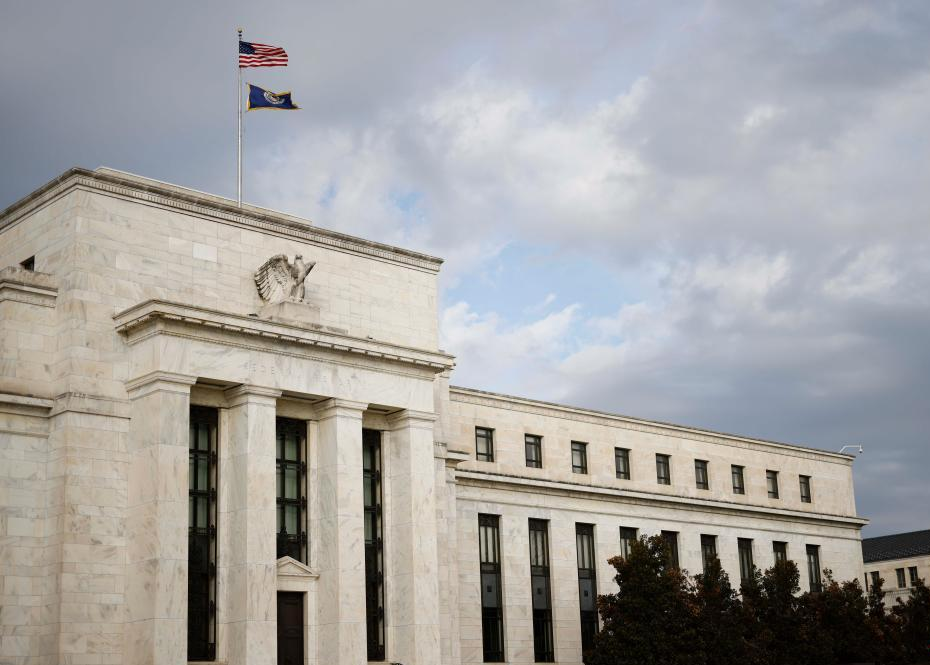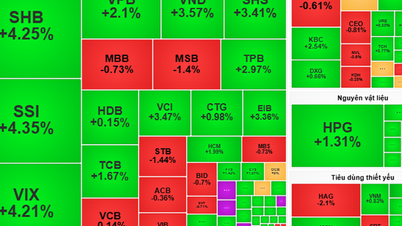
This week, the Federal Reserve (FED) will hold its annual meeting with a pessimistic attitude towards inflation.
Last year, officials attending a high-level event hosted by the Kansas City Fed in Jackson Hole, Wyoming, discussed the highest inflation since the 1970s.
After pushing interest rates to their highest in decades, Fed officials face another difficult task: Controlling inflation with a policy that is appropriate without causing major disruptions to other economic factors.
The Fed, the European Central Bank (ECB) and the Bank of England (BOE) are among those still considering raising their benchmark interest rates as the effects of previous tightening remain unclear. The specter of a slowdown in economic growth looms, while internal views on the outlook are increasingly fractured. Going forward, these authorities will also have to figure out how long to keep rates high to ensure price pressures do not flare up again.
In the US at least, the Fed may be nearing the end of its rate hikes in its inflation war. The ECB is also considering a pause, while the BOE still expects further tightening.
“Most of the tightening has been to undo the damage from the previous loose policy,” said Joseph Gagnon, a former senior Fed official. “So it’s only in the last few rate hikes that they’ve really tightened. They’re being very careful about the path forward.”
Officials have begun to describe the risks facing the U.S. economy as “two-fold.” Inflation concerns remain high, but over-tightening could hurt consumers and businesses. These concerns have been amplified by China’s recent economic troubles, as well as banking sector strains in the U.S.
But even as inflation and manufacturing have declined, along with tightening financial conditions, the US labor market has remained strong so far.
Raghuram Rajan, former governor of the Reserve Bank of India, described the recent data as “a bit problematic”.
“The fact that the labor market is still so strong makes you a little worried that the final leg down to the 2% target could be really long,” he said.
Source



![[Photo] Prime Minister Pham Minh Chinh meets with Speaker of the New Zealand Parliament Gerry Brownlee](https://vphoto.vietnam.vn/thumb/1200x675/vietnam/resource/IMAGE/2025/8/28/cec2630220ec49efbb04030e664995db)
![[Photo] General Secretary To Lam attends the opening ceremony of the National Achievements Exhibition](https://vphoto.vietnam.vn/thumb/1200x675/vietnam/resource/IMAGE/2025/8/28/d371751d37634474bb3d91c6f701be7f)

![[Photo] Politburo works with the Standing Committee of Cao Bang Provincial Party Committee and Hue City Party Committee](https://vphoto.vietnam.vn/thumb/1200x675/vietnam/resource/IMAGE/2025/8/28/fee8a847b1ff45188749eb0299c512b2)
![[Photo] Red flag with yellow star flutters in France on National Day September 2](https://vphoto.vietnam.vn/thumb/1200x675/vietnam/resource/IMAGE/2025/8/28/f6fc12215220488bb859230b86b9cc12)
![[Photo] General Secretary To Lam presents the 45-year Party membership badge to comrade Phan Dinh Trac](https://vphoto.vietnam.vn/thumb/1200x675/vietnam/resource/IMAGE/2025/8/28/e2f08c400e504e38ac694bc6142ac331)






















































































Comment (0)